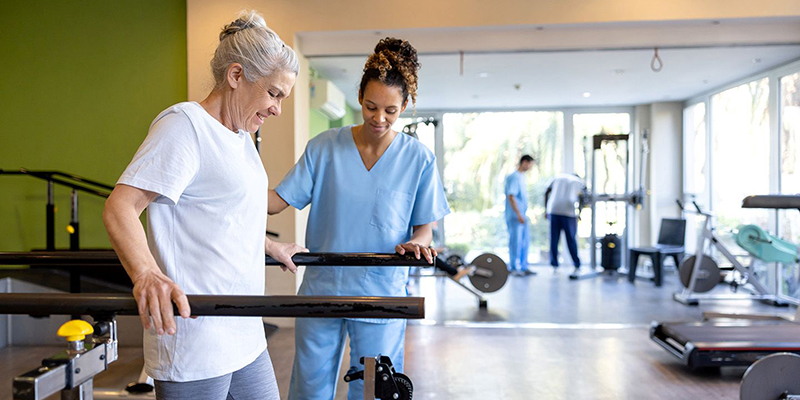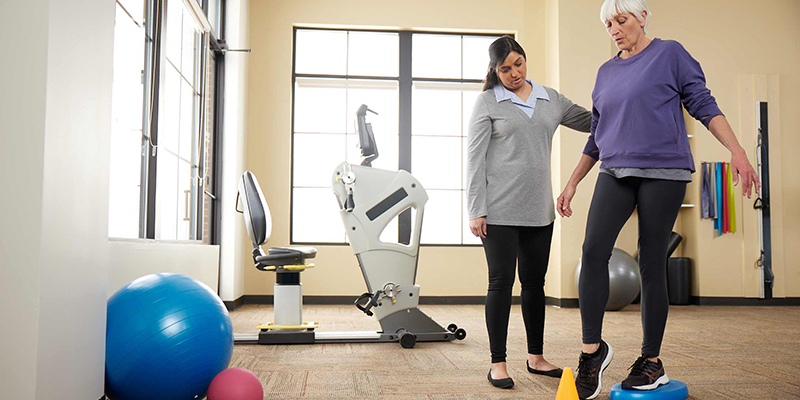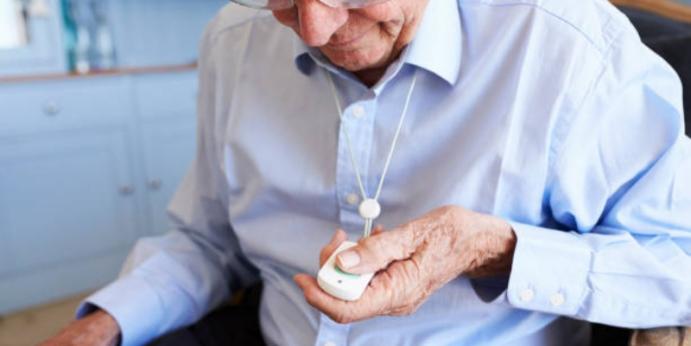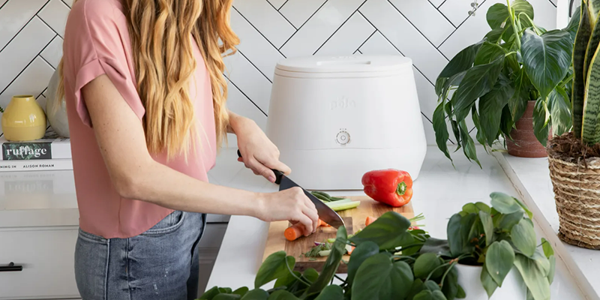As someone who's navigated the ups and downs of life, I've learned that staying safe as we age isn't just about avoiding bumps and bruises—it's about creating a secure and fulfilling life. Whether you're a senior yourself or caring for an older loved one, these tips will help you build a safer, happier daily routine. Let's dive in!
As someone who's navigated the ups and downs of life, I've learned that staying safe as we age isn't just about avoiding bumps and bruises—it's about creating a secure and fulfilling life. Whether you're a senior yourself or caring for an older loved one, these tips will help you build a safer, happier daily routine. Let's dive in!
1. Make Your Home a Fall-Free Zone
Falls are one of the most significant risks for seniors, but small changes can make a big difference. Start by checking the height of your bed. Use bed rails to steady yourself when getting up if it's too high or low. Next, look down: loose rugs, cluttered floors, and uneven carpets are tripping hazards. Remove area rugs or secure them with non-slip backing. Add nightlights in hallways and bathrooms to avoid stumbling in the dark.

In the bathroom, install grab bars near the shower and toilet. Use non-slip mats inside and outside the tub. And don’t forget footwear—wear sturdy, non-slip shoes indoors instead of slippery socks or slippers.
2. Light Up Your Life (and Home)
Good lighting isn't just for visibility—it's a safety essential. Brighten dim corners with lamps or overhead lights. Use motion-sensor lights in hallways so you don't fumble for switches at night. If you're worried about electricity bills, energy-efficient bulbs are a win-win. Keep flashlights in easy-to-reach spots in case of power outages, and consider a battery-powered lamp by your bed.
3. Stay Safe When Out and About
Leaving the house should feel freeing, not stressful. Always tell someone where you're going and when you'll return. Carry a charged cell phone, even for short walks. Use a crossbody bag or pouch to keep essentials like keys, ID, and cash safe. Avoid carrying heavy bags—pack only what you need.
If walking feels tiring, use a walker or cane for support. Take breaks on benches in parks or malls. Watch for uneven sidewalks or slippery surfaces, especially in rainy weather.
4. Manage Medications with Care
Mixing up pills or missing doses can lead to accidents. Keep medications in their original bottles with clear labels. Use a pill organizer to sort daily doses and set alarms as reminders. Ask your pharmacist to review your prescriptions yearly—some drugs can cause dizziness or interact badly. Never skip doses to "save" medicine, and throw away expired pills safely.
5. Prepare for Emergencies
Even with precautions, accidents happen. Keep a first-aid kit stocked with bandages, antiseptic wipes, and pain relievers. Write down emergency contacts in large print and post them on your phone. If you live alone, consider a medical alert device that connects to help with the push of a button.
Store bottled water, non-perishable snacks, and a battery-powered radio for natural disasters like storms or power outages. Keep important documents (like insurance papers) in a waterproof folder.
6. Protect Yourself from Scams and Fraud
Seniors are often targets for scams. Never share personal info like your Social Security number over the phone or email. If someone claims to be from a bank or government agency, call the official number to verify. Shred old bills and documents before tossing them. It probably is if a deal sounds too good to be true—like free vacations or lottery wins.

7. Stay Connected to Stay Safe
Isolation increases risks. Schedule regular check-ins with family, friends, or neighbours. Join community groups for activities like gardening or book clubs. If you're tech-savvy, video calls are a great way to stay in touch. Local senior centres often host workshops for those less comfortable online to learn basics like email or video chatting.
8. Nourish Your Body and Mind
Healthy habits reduce accidents. Eat balanced meals with plenty of protein and calcium to keep bones strong. Stay hydrated—even mild dehydration can cause dizziness. Gentle exercises like tai chi or walking improve balance. Mental sharpness also matters: puzzles, reading, or new skills keep your mind agile.
9. Simplify Your Space
Decluttering isn't just for aesthetics. Keep floors clear of loose wires, stacks of papers, or stray shoes. Store heavy items in easy-to-reach cabinets—no standing on chairs! If reaching high shelves is tough, use a grabber tool. In the kitchen, avoid burns by turning the pot handles inward on the stove and setting a timer when cooking.
10. Travel Smart
Whether it's a road trip or a flight, plan. Pack medications in your carry-on, and bring copies of prescriptions. Use luggage with wheels to avoid heavy lifting. At hotels, check the layout for hazards like slippery floors or steep stairs. Ask for a ground-floor room if mobility is a concern.

11. Build a Support Network
You don't have to do it all alone. Ask a trusted neighbour to collect mail during vacations or check on your home during bad weather. Family members can help with chores like changing lightbulbs or shovelling snow. If you need regular assistance, look into local services like meal delivery or housekeeping.
12. Prioritize Mental Health
Stress and loneliness can cloud judgment. Practice mindfulness through deep Breathing or gentle Yoga. If anxiety or sadness lingers, talk to a doctor or counsellor. Many communities offer free mental health resources tailored to seniors.
Creating a Safe and Joyful Living Environment
Safety isn't about limits—it's about thriving in a space that supports you. By blending practical steps with a focus on connection and joy, you'll reduce risks and create a home that feels like a sanctuary. Here's to living life to the fullest, confidently and comfortably!
- Share this article:
-
![How To Start Composting In Your Kitchen: A Beginner’s Guide]() Home & Garden
Home & Garden - How To Start Composting In Your Kitchen: A Beginner’s GuideSustainability is no longer a choice for the world. It is the need of the hour. If you are a beginner keen on learning how to reduce food waste and dabble in composting, keep reading on. This guide will teach you everything you need to know about starting composting in your kitchen.
-
![Which Greek Island Is Best For Your Vacation: Santorini Vs. Mykonos]() Travel
Travel - Which Greek Island Is Best For Your Vacation: Santorini Vs. MykonosAre you planning a Greek trip and finding it challenging to select between Mykonos and Santorini? They both provide different experiences and are famous for their stunning views, luxurious resorts, and exciting nightlife. Do you want breathtaking sunsets and romantic escapes, or are you looking for world-class beach parties and energetic nightlife?








